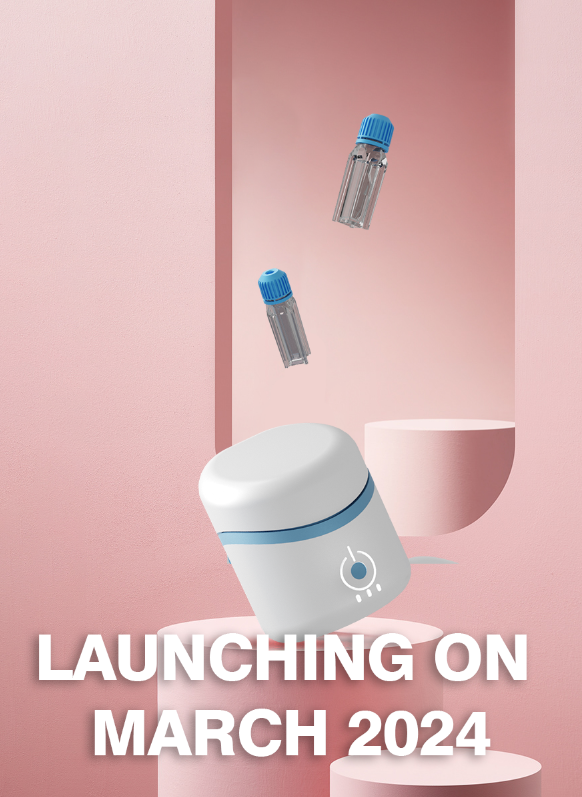
Effects of HeartBurn Meds on Kidney Health
Heartburn is a common discomfort that many of us experience, often turning to medications for relief. While these medications are effective in managing acid reflux symptoms, it's crucial to be aware of their potential impact on kidney health. We'll explore the link between heartburn meds and kidney health, understanding the risks, and adopting strategies for safeguarding your kidneys.
Heartburn is a common discomfort that many of us experience, often turning to medications for relief. While these medications are effective in managing acid reflux symptoms, it's crucial to be aware of their potential impact on kidney health. We'll explore the link between heartburn meds and kidney health, understanding the risks, and adopting strategies for safeguarding your kidneys.
Understanding Heartburn Medications:
Heartburn medications primarily fall into two categories: Proton Pump Inhibitors (PPIs).
1. Proton Pump Inhibitors (PPIs):
• Examples: Omeprazole, esomeprazole, lansoprazole.
• Function: Reducing stomach acid production.
• Risk: Prolonged use associated with potential kidney issues.
2. H2 Blockers:
• Examples: Ranitidine, famotidine, cimetidine.
• Function: Blocking histamine receptors, reducing acid production.
• Risk: Some studies suggest a correlation with kidney problems.
The Connection Between Heartburn Meds and Kidney
Health:
A. Chronic Kidney Disease (CKD):
• Prolonged use of certain heartburn medications may contribute to the development or
progression of CKD.
• Individuals with pre-existing kidney conditions should exercise caution and consult
healthcare professionals.
B. Acute Kidney Injury (AKI):
• Reports link PPI use with an increased risk of acute kidney injury.
• Awareness and monitoring are crucial, especially for those with risk factors such as diabetes and hypertension.
Strategies for Kidney Health:
A. Consultation with Healthcare Professionals:
• Regularly consult with your healthcare provider regarding the necessity and duration of
heartburn medication use.
• Discuss your medical history, including any pre-existing kidney conditions.
B. Lifestyle Modifications:
• Explore dietary and lifestyle changes that may alleviate heartburn symptoms, reducing
reliance on medications.
• Maintain a healthy weight, practice mindful eating, and identify trigger foods.
C. Periodic Kidney Function Monitoring:
• For individuals on long-term heartburn medications, regular kidney function tests are
essential for early detection of any issues.
• Promptly report any unusual symptoms or changes in kidney function.
D. Consideration of Alternatives:
• In consultation with a healthcare professional, explore alternative medications or therapeutic approaches that may be gentler on the kidneys.
Conclusion:
While heartburn medications offer relief for acid reflux symptoms, it's vital to strike a balance between managing discomfort and protecting kidney health. Open communication with healthcare providers, lifestyle modifications, and periodic monitoring can contribute to a holistic approach in safeguarding both heart and kidneys. Remember, informed choices today can pave the way for a healthier tomorrow.

